#the sandman season of mists
Explore tagged Tumblr posts
Text
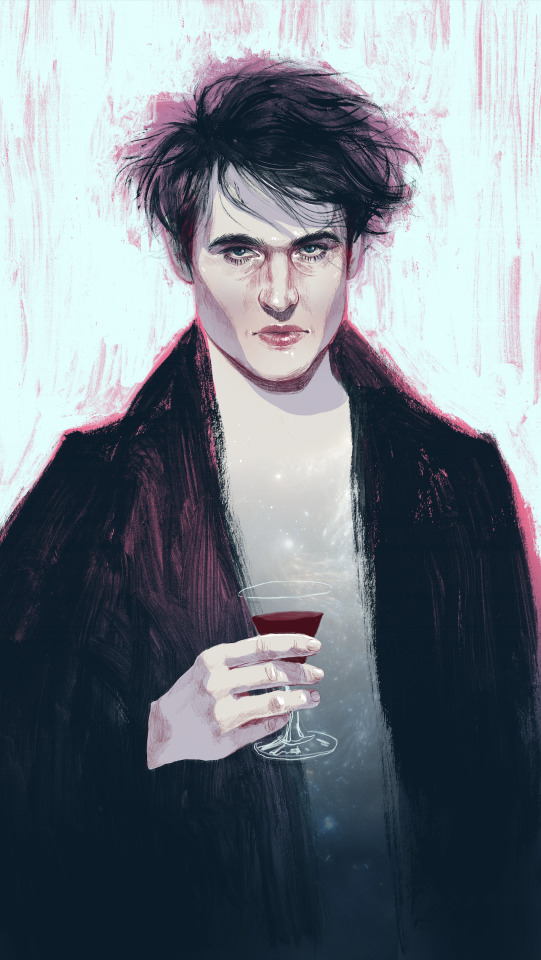
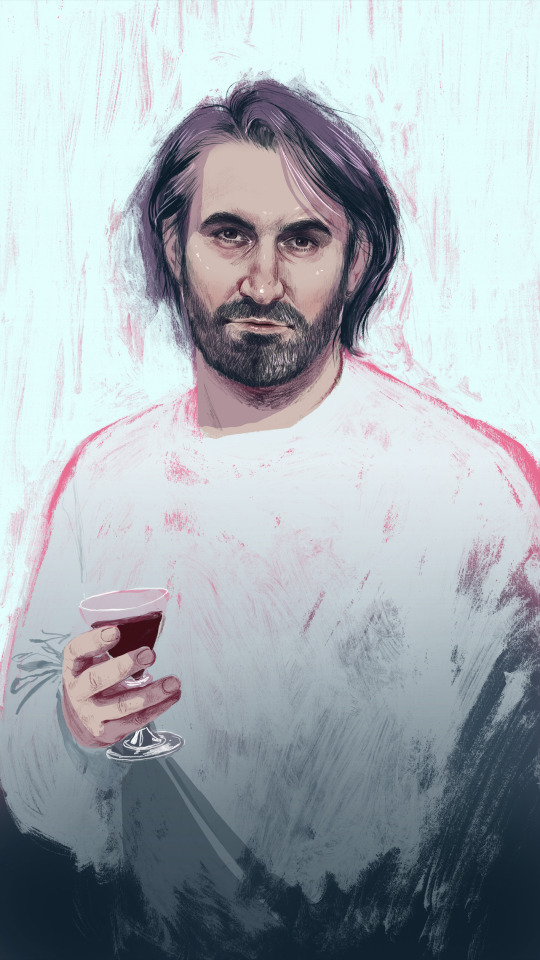
But you'll definitely come back, I suppose? Eventually? // Drink the wine Hob Gadling
#the sandman#neil gaiman#the sandman season of mists#dream of the endless#morpheus sandman#hob gadling#dreamling#art#illustration
2K notes
·
View notes
Text


We’ve all charged, since the beginning. Even you, Dream Lord.
issue 23 redraw
love mixing comics colours with show versions of characters!
#the sandman#dream of the endless#lucifer morningstar#season of mists#the sandman netflix#tom sturridge#gwendoline christie#fanart#art#redraw
417 notes
·
View notes
Text

241 notes
·
View notes
Text
youtube
Soft Fuzzy Man - Lemon Demon | the sandman animatic
or as i affectionately call it morpheus' relationship L compilation
#my art#fishfingersandscarves#the sandman#the sandman comics#the sandman netflix#dream of the endless#dream (the sandman)#morpheus (the sandman)#alianora (the sandman)#killala of the glow#killala (the sandman)#calliope (the sandman)#orpheus (the sandman)#nada (the sandman)#season of mists#just up to mists bc i didnt wanna draw thessaly or titania lol#animatic#animation#lemon demon#soft fuzzy man#video#music#Youtube
306 notes
·
View notes
Text
The Thing About the Snow…

With this confirmation, I can’t help but think about all our speculation about the snow on set last year (almost a year to the day btw 🥺). We were battering our brains about The Hunt, A Game of You, knowing already full well that AGoY might look nothing like the comics.
But honestly, all I can think about now is this (and the fact that a lot of SoM Chapter 4 particular bit is set during winter):


(and I somehow don’t think it’ll be just Charles either, considering the photos of the wrap party)
#the sandman#sandman#dead boy detectives#season of mists#sandman s2#the sandman netflix#netflix the sandman#sandman netflix#netflix sandman#sandman season 2#the sandman season 2#the sandman s2
72 notes
·
View notes
Text

I really love this scene in season of mists chapter 1.
#the sandman#hob gadling#dream of the endless#Morpheus#dreamling#ferdinand kingsley#season of mists#tom sturridge#fanart
477 notes
·
View notes
Text

drew this thing months ago but i thought the denizens of tumblr might want to see it ❤️
#the sandman#desire of the endless#dream of the endless#death of the endless#destiny of the endless#delirium of the endless#despair of the endless#season of mists#imagine there are more helpful tags here#its my second day on tumblr and ive already had it up to here#just kidding!#i am enjoying seeing all of you little critters in your natural habitat
58 notes
·
View notes
Text

I will never forget you, Nada.
#the sandman#dream of the endless#dream#the sandman netflix#my art#tom sturridge#nada#season of mists#neil gaiman
452 notes
·
View notes
Text

season 2 when
#sandman#the sandman#dream of the endless#rbs > likes!!#sandman tv#morpheus#lord morpheus#lucifer morningstar#if you noticed the date this was signed no u didn't. xx#i am literally so hype for season of mists okay. it's my FAVORITE sandman arc#and i cant WAIT to see it onscreen#300th post yay#dc meme
83 notes
·
View notes
Text

Sandman🐈⬛
Sandman season of mists is best vol to me, also it’s one of my fave comics
260 notes
·
View notes
Text
AND HERE ARE THE FIRST (BTS) LITTLE FRANGMENTS OF GWENDOLINE CHRISTIE AS LUCIFER (and Tom Sturridge as Dream) in Season 2 of "The Sandman", coming on Netflix in 2025.
-> twitter post


#gwendoline christie#gwen#lucifer#the sandman#netflix series#netflix show#netflix#dream#morpheus#behind the scenes#first look#season of mists#CAN'T WAIT FOR MORE#twitter post
46 notes
·
View notes
Text
For those who need to know, Charles and Edwin left the school where they both died holding hands

#dead boy detectives#edwin payne#charles rowland#sandman#rereading this since apparently its beenover a year since i reread season of mists???#one of my all time favorite sandman arcs
123 notes
·
View notes
Text
it's low-key funny that Charles was originally a super modern ghost

now he's just outdated as shit lmao
97 notes
·
View notes
Text
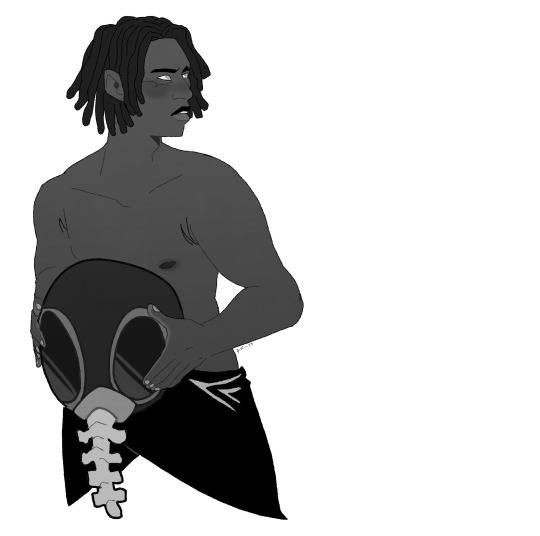
my special guy
#my art#fishfingersandscarves#the sandman#the sandman netflix#dream of the endless#dream (the sandman)#kai'ckul (the sandman)#kai'ckul#doodle#I AM TIRED OF SEEING WHITEBOY DREAM IN THE KAI'CKUL TAG GET HIM OUTTA THERE!!!#s2 season of mist.....i cannot wait for my special guy to return
729 notes
·
View notes
Text
Family Dinner Vibes!
Or: The curious case of the pirate suit
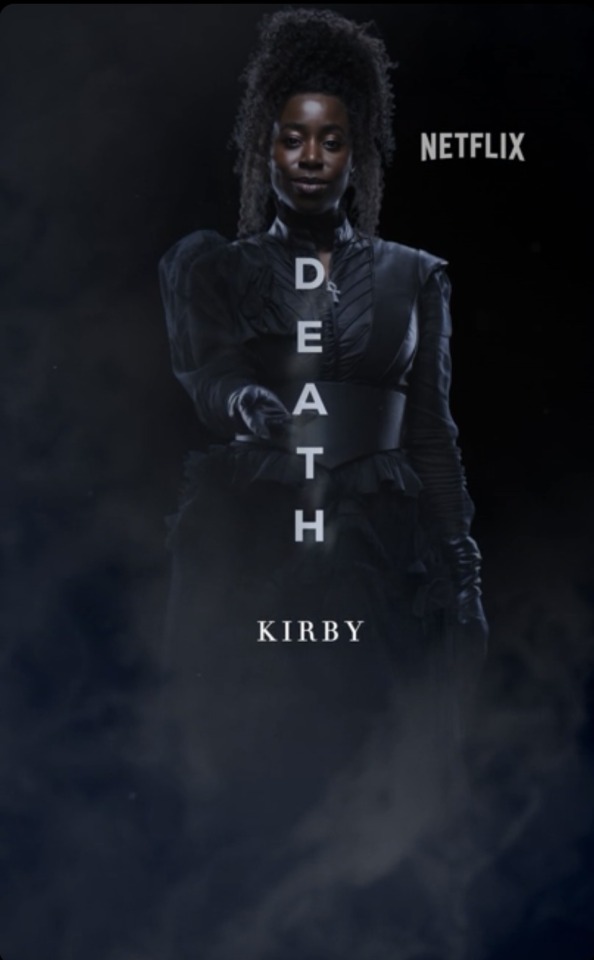
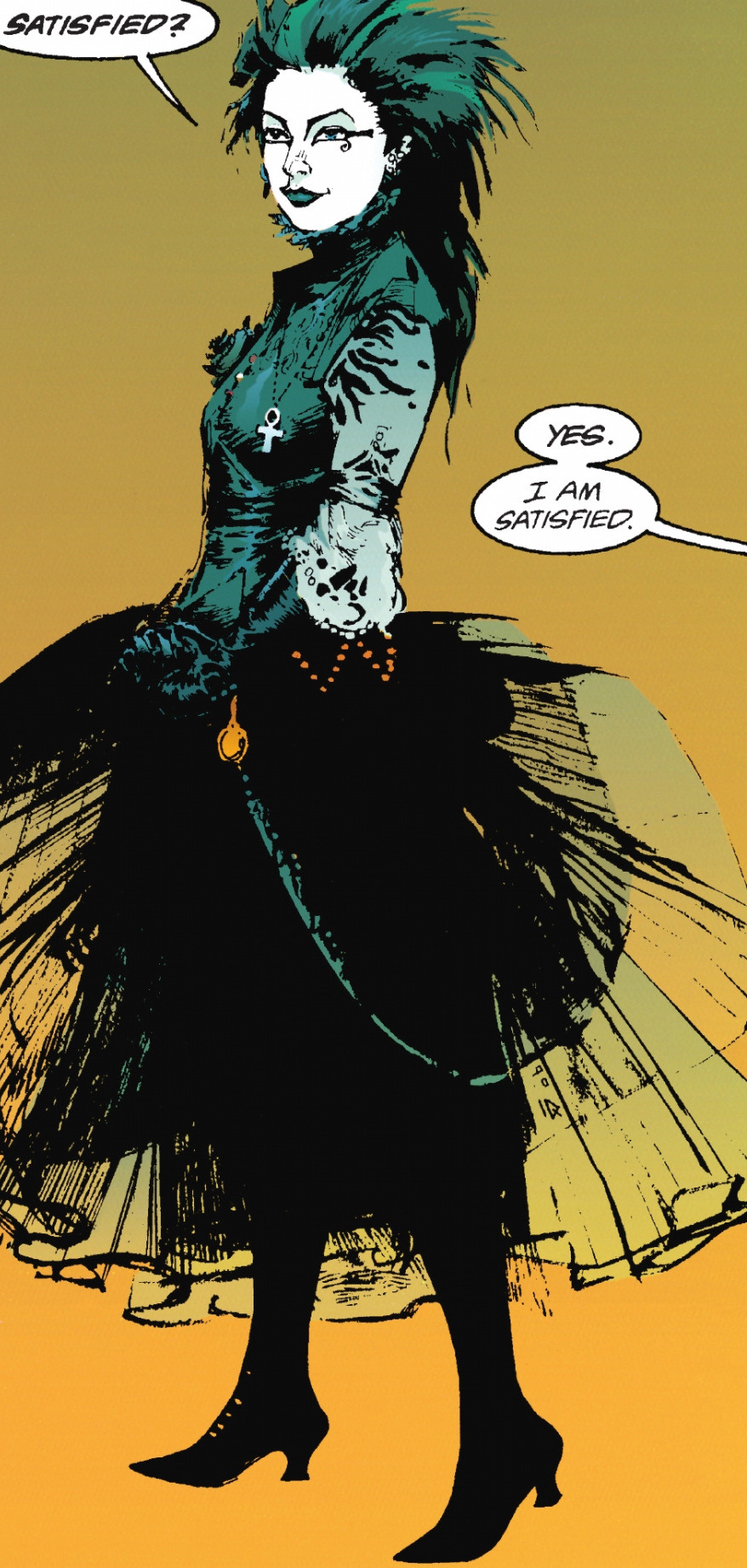
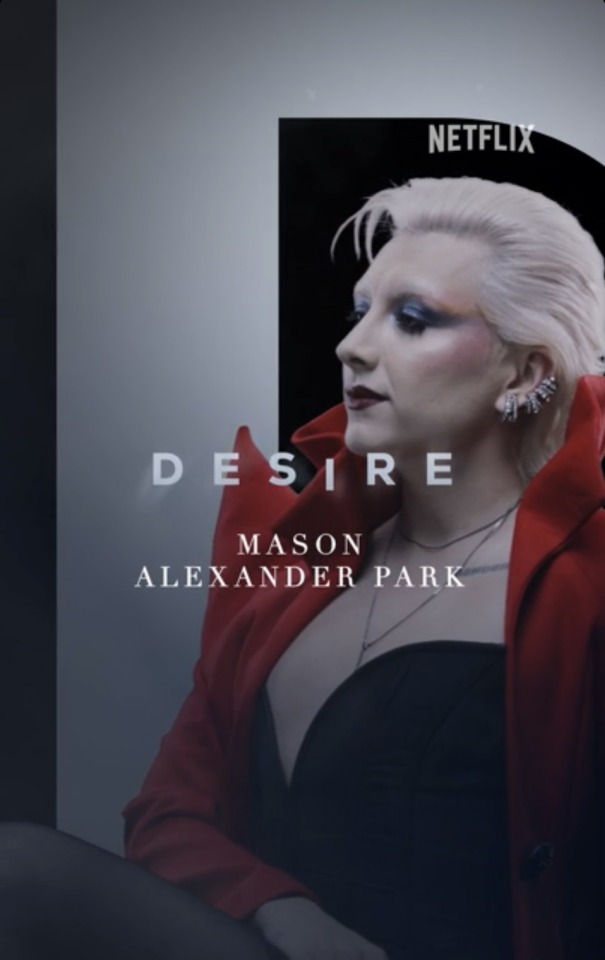
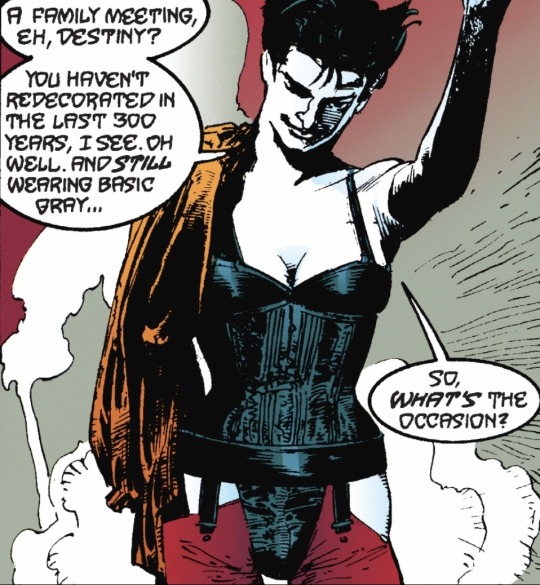

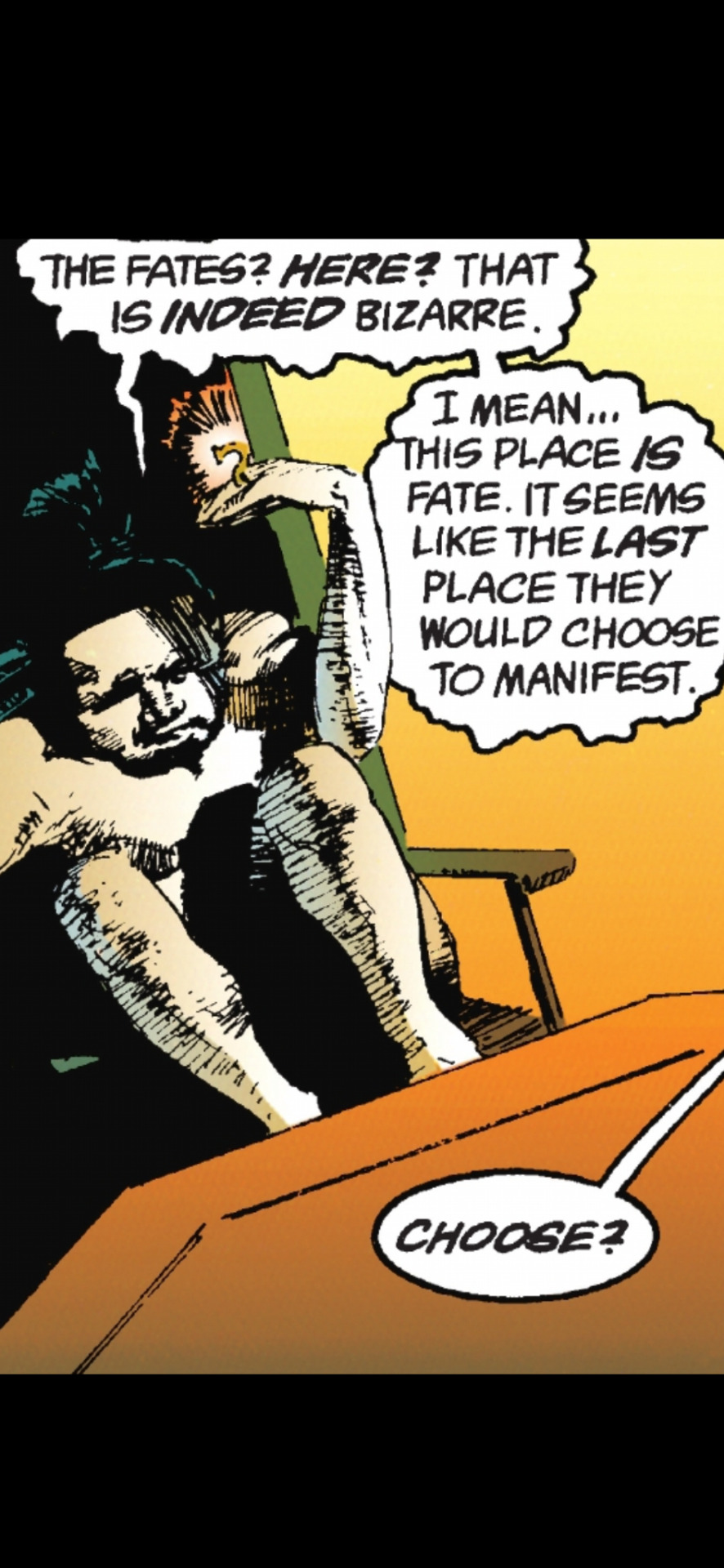
[Well, they had to do something to avoid her going starkers I guess. Despair is fierce in this universe]
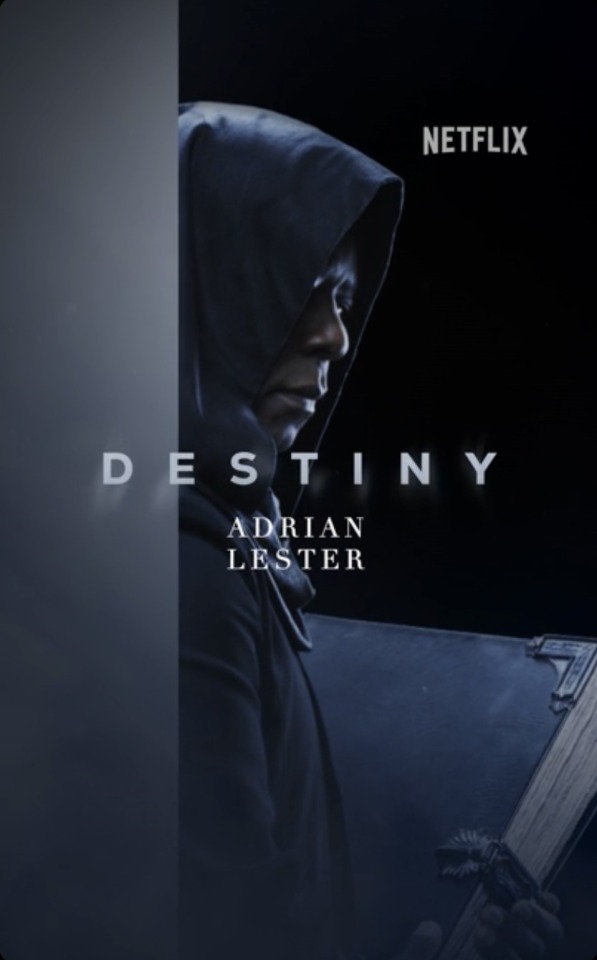
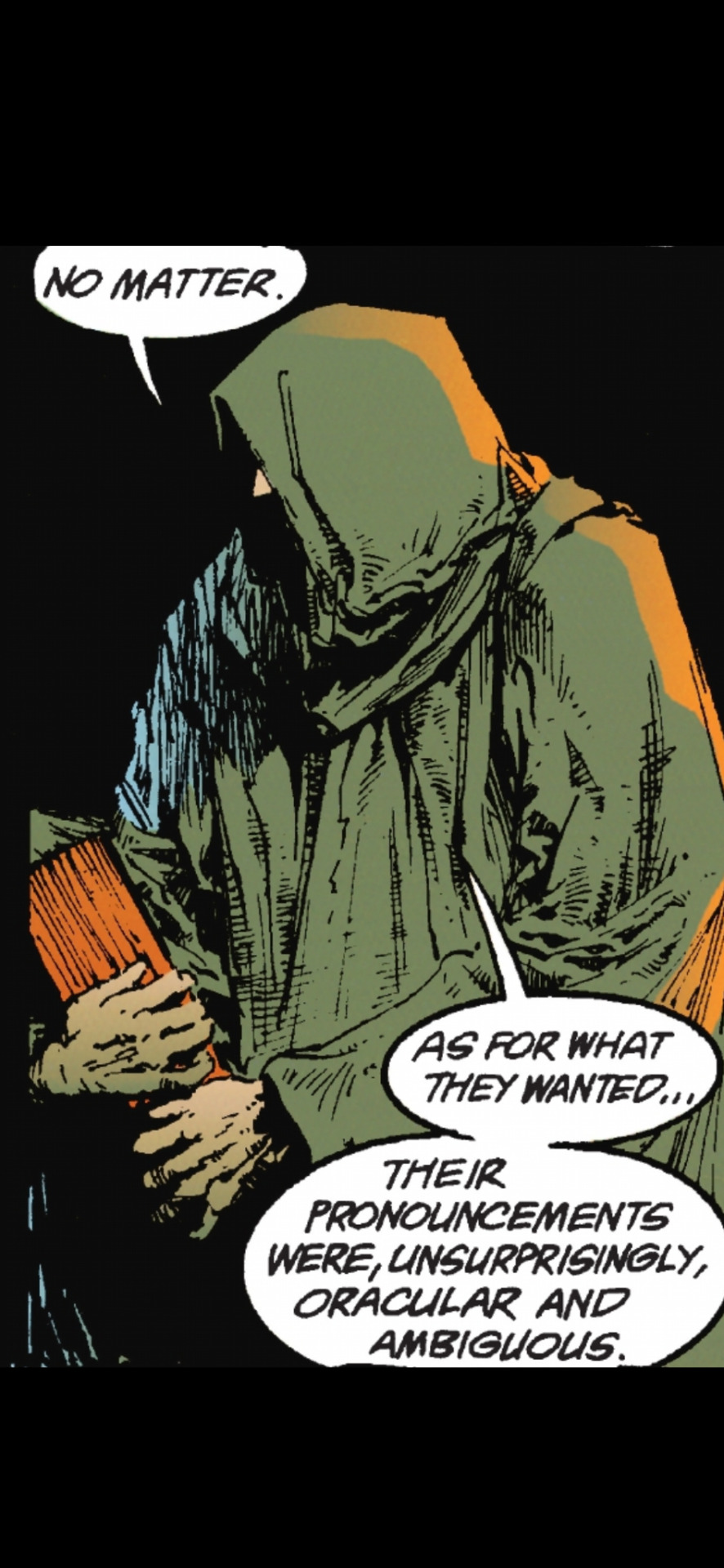



And then there was…

No wait… It’s the friggin’ black coat again. Give the man the pirate suit!
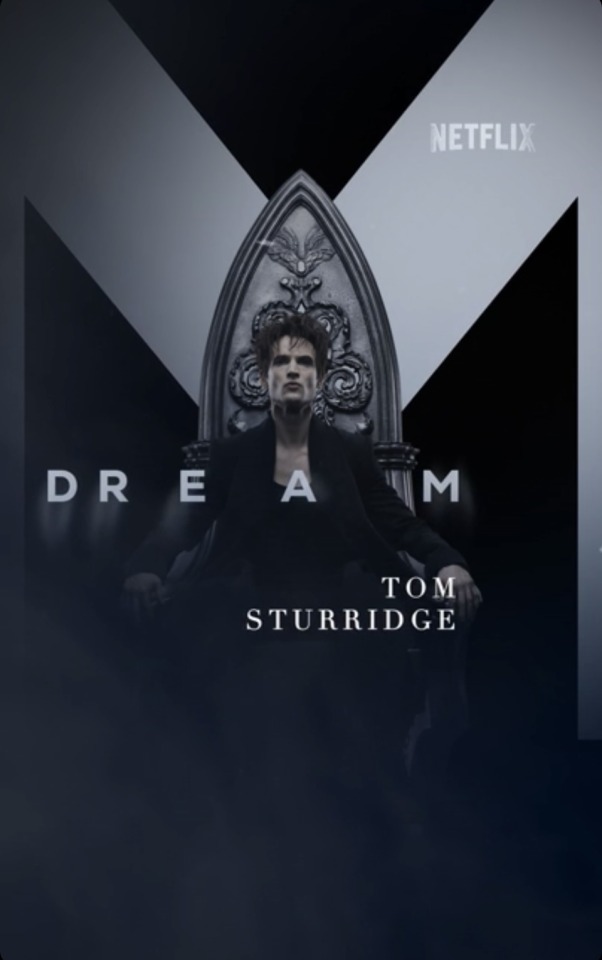
#the sandman#sandman#dream of the endless#death of the endless#the sandman netflix#sandman netflix#netflix the sandman#netflix sandman#sandman season 2#sandman s2#morpheus#justice for the pirate suit#the endless#family dinner#season of mists#sandman spoilers#sandman shitpost
295 notes
·
View notes





